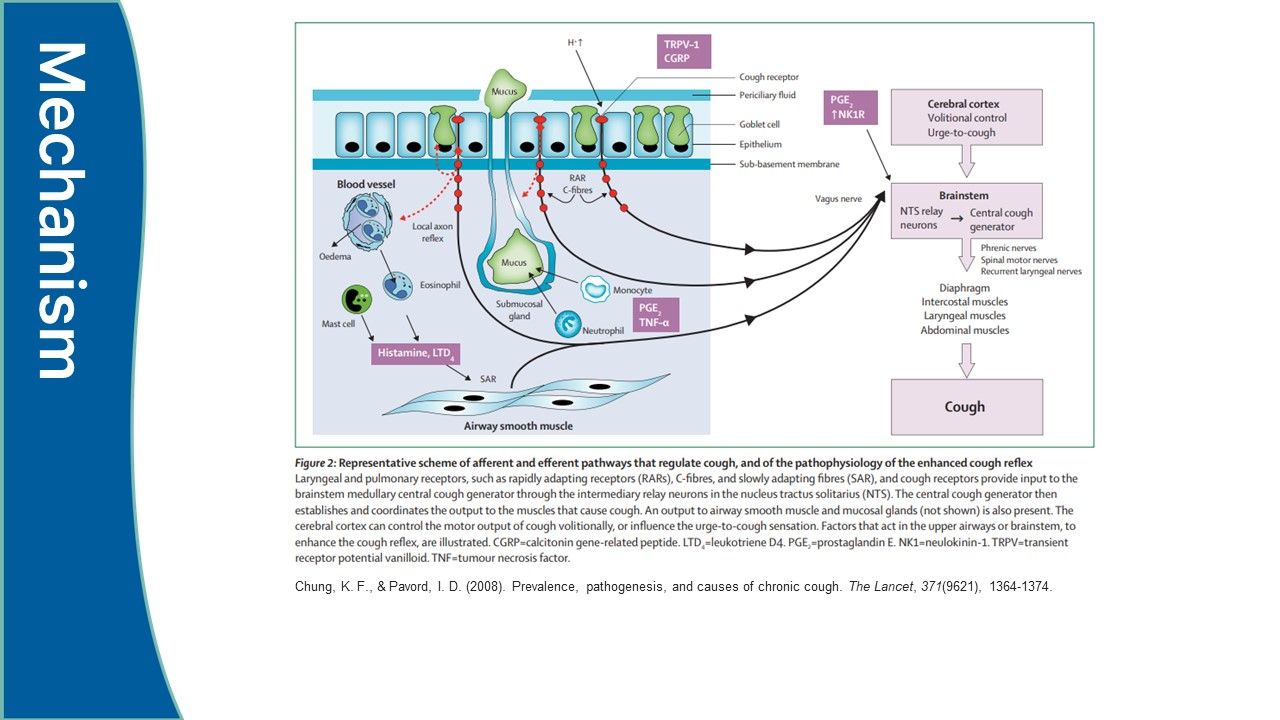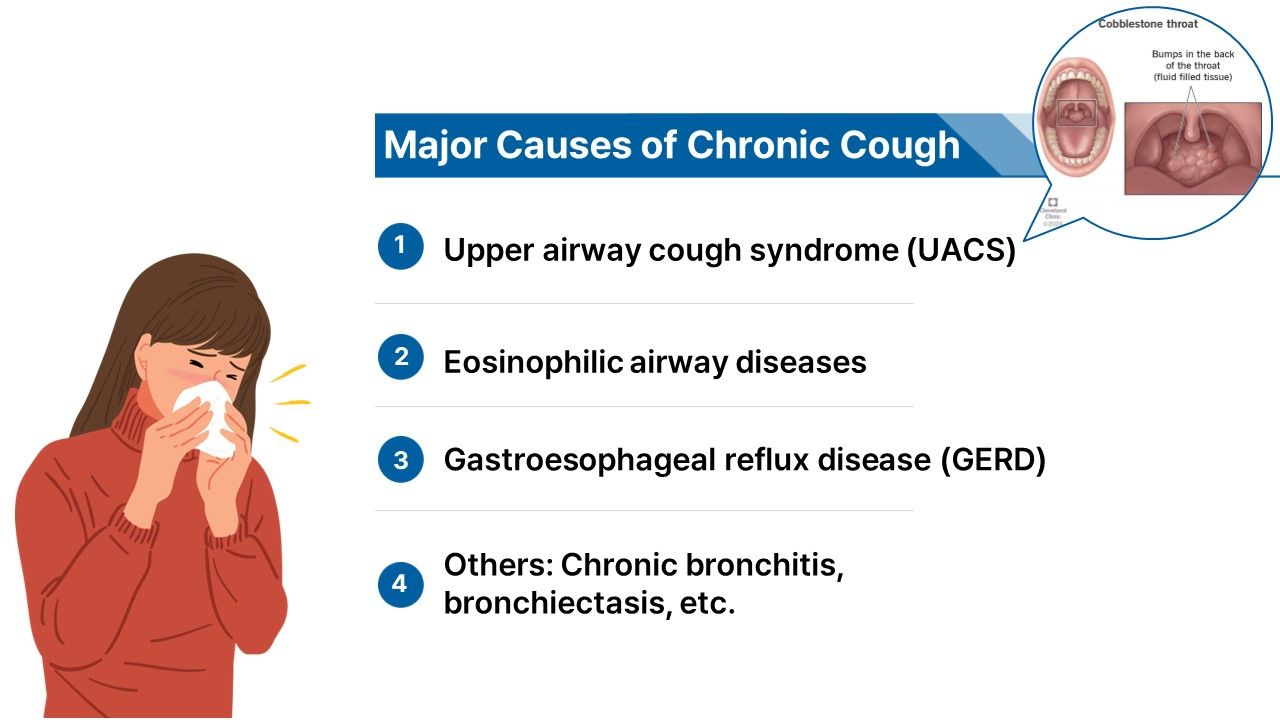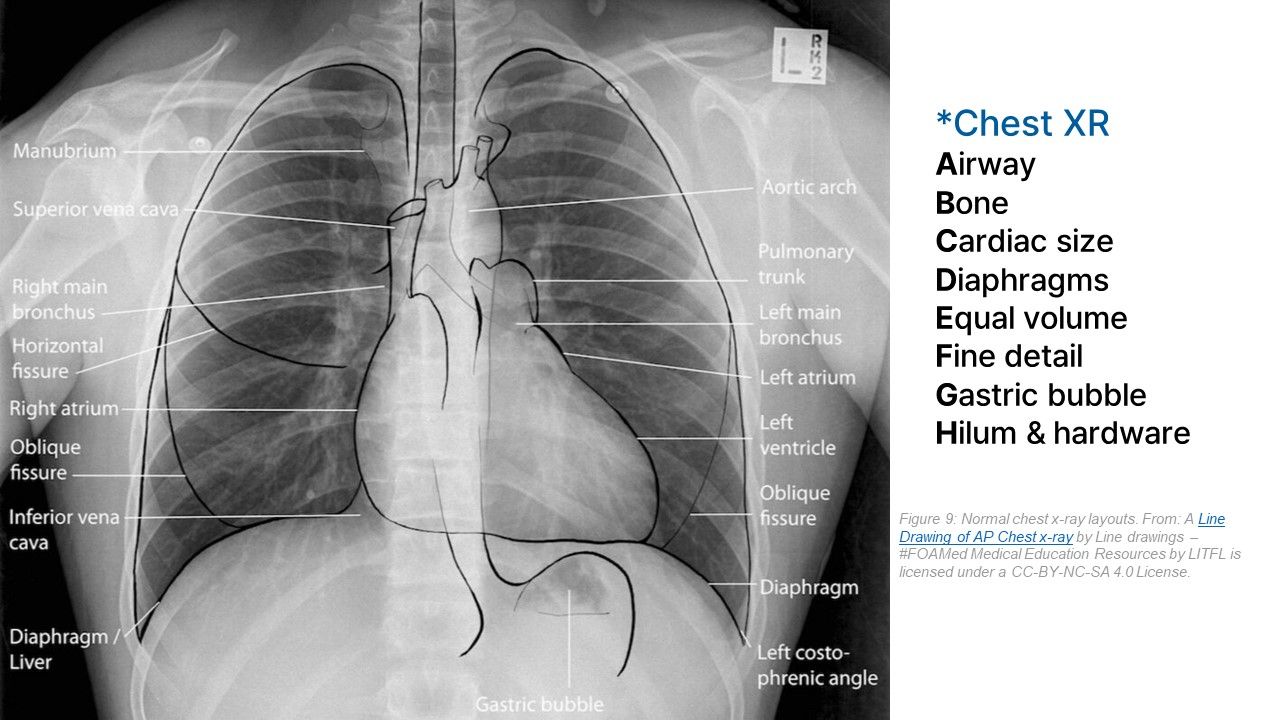Jun 13 • Nakyoung Lee
[Lecture Review] Cough Management: An Evidence-Based Approach in Western and Korean Medicine
The newly uploaded CME lecture, Evidence-Based Integrative Approaches to Cough Management, provides a structured and clinically grounded overview of cough diagnosis and treatment.
Led by Dr. Su Won Lee, this session guides participants through stepwise diagnostic strategies based on current guidelines, while emphasizing the role of integrative Korean medicine approaches—including acupuncture, pharmacopuncture, and herbal therapies—in managing chronic and treatment-resistant cough. The lecture effectively bridges conventional and traditional practices to support patient-centered care.
Lecture Overview – This lecture is structured around the following key learning objectives:
1. Understand the basic concepts of cough, including its definition, epidemiology, and mechanisms.
1. Understand the basic concepts of cough, including its definition, epidemiology, and mechanisms.
2. Understand the diagnostic approach to cough according to clinical guidelines.
3. Understand the integrative treatment methods for cough.
From Definition to Mechanism
This CME lecture offers a comprehensive and clinically applicable perspective on the diagnosis and treatment of cough, one of the most frequently encountered symptoms in both primary and specialty care. Led by Dr. Su Won Lee, a Korean Internal Medicine specialist, the session is designed to equip clinicians with a structured understanding of cough based on up-to-date evidence, while also introducing practical integrative strategies rooted in Korean medicine.
The lecture begins by outlining a stepwise diagnostic approach grounded in established clinical guidelines. Participants are guided through how to differentiate between acute, subacute, and chronic cough, and are reminded of the importance of identifying alarm symptoms such as hemoptysis, dyspnea, and systemic signs that may require immediate attention. This framework reinforces the value of thorough history-taking, radiologic evaluation, and clinical reasoning in formulating a differential diagnosis.
A key focus of the session is chronic cough, a symptom that often proves challenging due to its diverse etiologies and variable treatment response. Rather than relying solely on conventional pharmacotherapy, Dr. Lee introduces a broader integrative framework that includes both Western and Korean medicine modalities. This balanced approach encourages clinicians to consider not only guideline-based treatments but also complementary strategies that can be especially beneficial in refractory or idiopathic cases.
The lecture begins by outlining a stepwise diagnostic approach grounded in established clinical guidelines. Participants are guided through how to differentiate between acute, subacute, and chronic cough, and are reminded of the importance of identifying alarm symptoms such as hemoptysis, dyspnea, and systemic signs that may require immediate attention. This framework reinforces the value of thorough history-taking, radiologic evaluation, and clinical reasoning in formulating a differential diagnosis.
A key focus of the session is chronic cough, a symptom that often proves challenging due to its diverse etiologies and variable treatment response. Rather than relying solely on conventional pharmacotherapy, Dr. Lee introduces a broader integrative framework that includes both Western and Korean medicine modalities. This balanced approach encourages clinicians to consider not only guideline-based treatments but also complementary strategies that can be especially beneficial in refractory or idiopathic cases.

Korean Medicine Interventions for Cough
Notably, the lecture highlights the utility of Korean medicine interventions such as acupuncture, pharmacopuncture, and herbal medicine. These methods are not presented as replacements for conventional care, but rather as adjunctive tools that may enhance therapeutic outcomes—particularly in cases of chronic, non-specific, or treatment-resistant cough. The use of herbal formulas supported by clinical studies and traditional practice is presented in a way that is accessible even to those less familiar with Korean medical theory.
In addition to treatment, the lecture touches on practical diagnostic tools that clinicians can apply in daily practice, including chest radiography and sinus imaging, and offers clinical tips on interpreting such tests in the context of cough evaluation.

Why This Lecture Matters
One of the strengths of this lecture is its integrative yet pragmatic tone.
It acknowledges the strengths of both Western evidence-based medicine and traditional Korean clinical wisdom, providing space for thoughtful dialogue between the two approaches. Rather than positioning one over the other, Dr. Lee emphasizes how integration can benefit patient-centered care, especially when conventional strategies alone are insufficient.
It acknowledges the strengths of both Western evidence-based medicine and traditional Korean clinical wisdom, providing space for thoughtful dialogue between the two approaches. Rather than positioning one over the other, Dr. Lee emphasizes how integration can benefit patient-centered care, especially when conventional strategies alone are insufficient.

Ready to See Cough Management in a New Perspective?
Overall, this session is highly recommended for practitioners who manage respiratory conditions and are interested in expanding their clinical toolkit. Whether treating cough as an isolated symptom or as part of a broader systemic condition, this lecture offers a rich, multifaceted perspective that blends diagnostic precision with therapeutic creativity. Clinicians will come away with not only a better understanding of cough as a clinical entity but also greater confidence in applying integrative treatment strategies in real-world settings.
What to read next on Jaseng Medical Academy
Get in touch
-
536, Gangnam-daero, Gangnam-gu, Seoul, Korea
-
jaseng.education@jaseng.co.kr
-
+82 2 2222 2792
-
Contact Us
Family Sites
Our Newsletter
Receive Jaseng Medical Academy's updates and events
Thank you!
Copyright © 2019 - 2025 Jaseng Medical Academy. All rights reserved.

